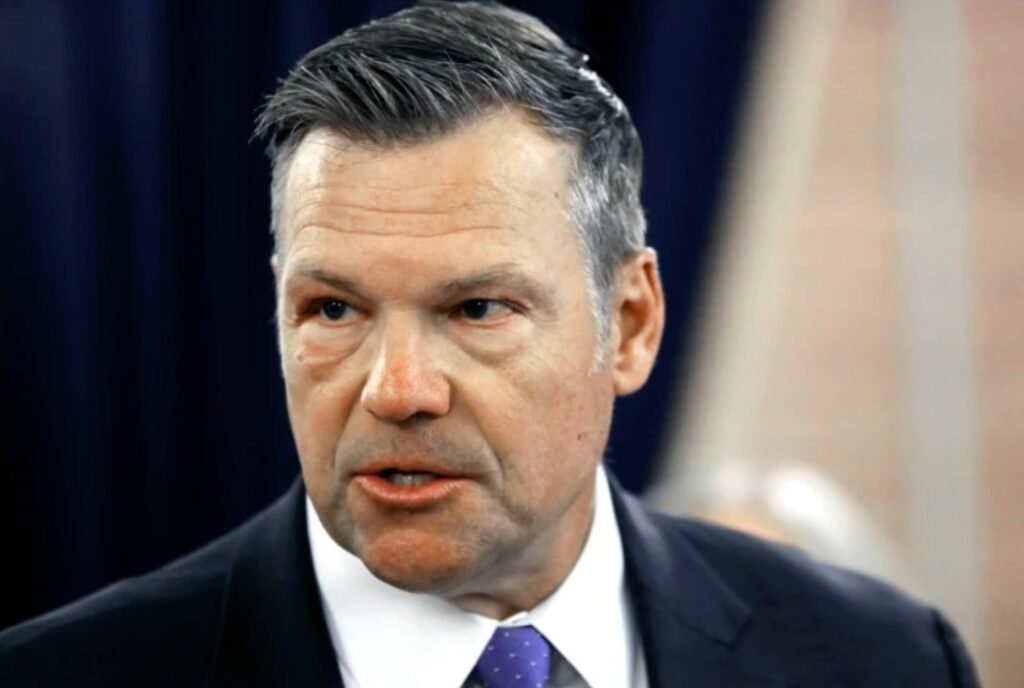Kansas has become one of the few states in the US that will no longer allow transgender people to change their gender identity on their birth certificates and driver’s licenses, according to a new law that took effect on July 1, 2023.
New Law Defines Sex Based on Birth
The law, known as the Kansas Women’s Bill of Rights, defines male and female based only on the sex assigned to a person at birth. It also prohibits transgender women and girls from using women’s and girls’ bathrooms and locker rooms in schools and other public spaces.
The law was enacted by the Republican-controlled Legislature over the veto of Democratic Gov. Laura Kelly, who said it was discriminatory and bad for business. The law was based on a proposal from several national anti-trans groups and was part of a wave of measures rolling back transgender rights in Republican-controlled statehouses across the US.
Attorney General Sues to Enforce the Law
The law was challenged by conservative Republican state Attorney General Kris Kobach, who sued two officials at the Kansas Department of Revenue, which oversees the motor vehicles division. Kobach argued that the law not only prevents future changes to gender markers on birth certificates and driver’s licenses, but also requires the state to reverse previous changes made since 2019.
In 2019, a federal consent decree required Kansas to allow transgender people to change their gender identity on their birth certificates, following a lawsuit filed by four transgender residents. The same year, Kelly’s administration also allowed transgender people to change their gender identity on their driver’s licenses.

However, Kobach issued a legal opinion in late June 2023, saying that the federal consent decree was invalid and that the state had to comply with the new law. He also filed a lawsuit in Shawnee County District Court, seeking a temporary restraining order to stop the revenue department from issuing or renewing driver’s licenses with changed gender markers.
Judge Sides with Kobach and Issues Restraining Order
On July 11, 2023, Shawnee County District Judge Teresa Watson granted Kobach’s request and issued a temporary restraining order, which will remain in effect for two weeks. Watson wrote that licenses are used by law enforcement to identify criminal suspects, crime victims, wanted persons, missing persons, and others, and that compliance with the law is a public safety concern.
The revenue department said it filed a motion to dissolve the judge’s order and that it will continue to defend its policy of allowing transgender people to change their gender identity on their driver’s licenses. The department said it respects the dignity and privacy of all Kansans and that it follows the legal counsel of Kelly’s administration.
Transgender Residents Express Fear and Anger
The decision from Kobach and Watson has sparked fear and anger among transgender residents in Kansas, who say they are being erased and endangered by the law. They say they face discrimination, harassment, and violence when their identity documents do not match their appearance and expression.
Suzanne Wheeler, a transgender woman who changed her birth certificate and driver’s license in 2019, said she worries about how the law will affect her travel, work, and safety. She said she fears being outed as transgender when she uses public restrooms or interacts with law enforcement.
“My biggest concern is SB 180 addresses a nonissue and puts an already vulnerable population at risk,” Wheeler said.
From 2019 through June 2023, more than 900 Kansas residents changed their gender markers on their birth certificates and nearly 400 changed their driver’s licenses. The Department of Health and Environment said that transgender people who have changed their birth certificates can keep those documents, but new copies will revert to listing the sex assigned at birth.
